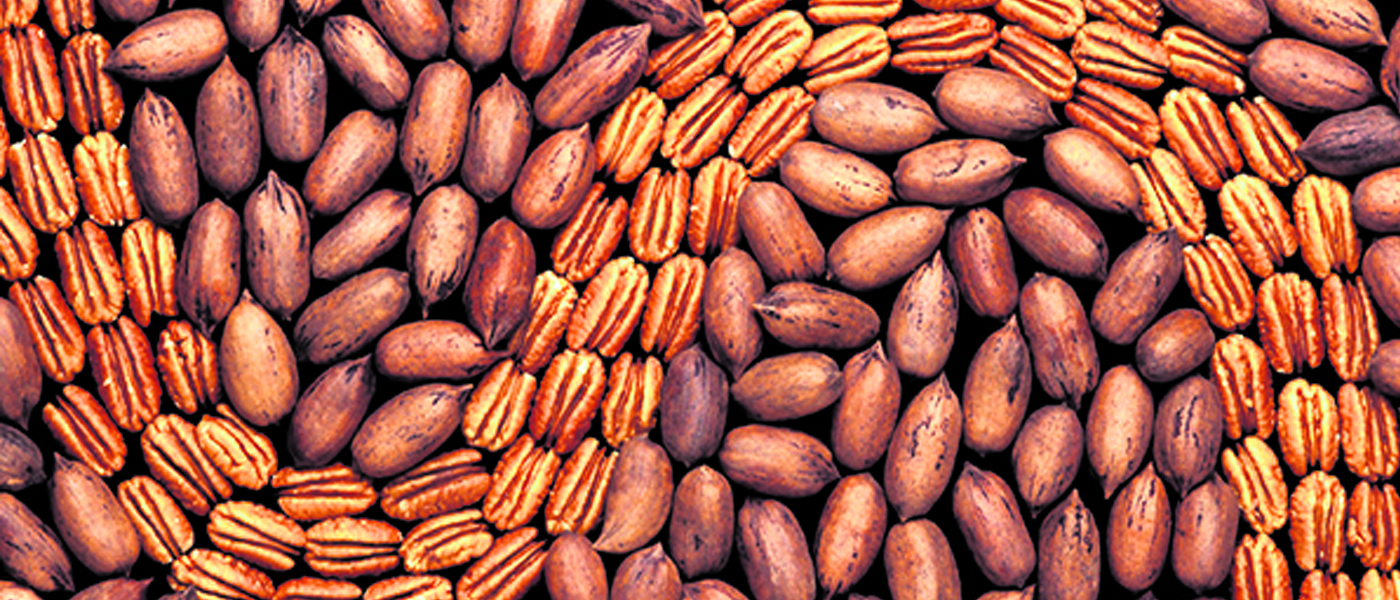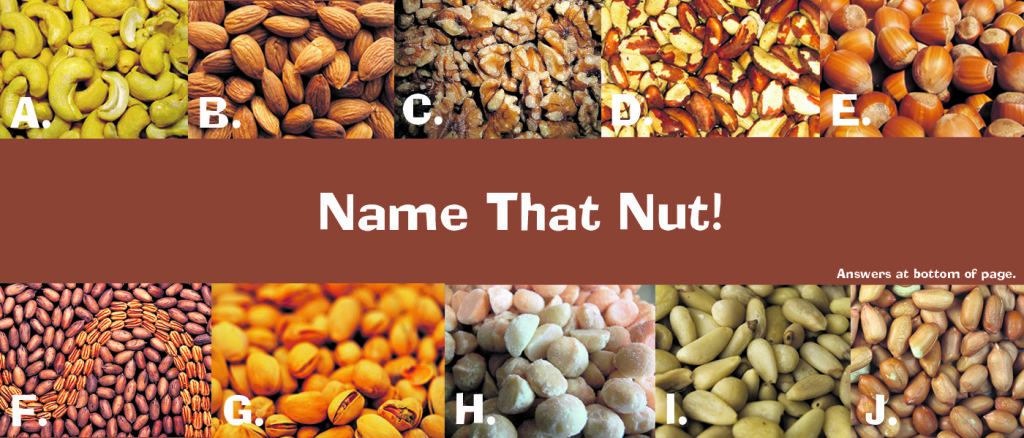There was a new nutcracker under the Christmas tree this year. Not the wooden soldier variety that decorates a mantel. Rather, the real nut-cracking kind, along with the requisite bag of assorted walnuts, almonds, pecans, hazelnuts and those wonderfully challenging Brazil nuts.
While we usually purchase nuts from the bulk food aisle, during the holidays, tradition prompts us to extend a little manual effort. Eating nuts the old-fashioned way slows down the process, requires focused attention and encourages an appreciation for the diversity, taste and nutritional value of the ubiquitous nut.
Nuts are superfoods, scientifically proven to play a positive role in:
- Longevity
- Cardiovascular health
- Reducing the risks/symptoms of type 2 diabetes
- Lowering the risk of some cancers
- Lowering blood pressure
- Improving cholesterol levels
- Reducing inflammation
- Improving skin tone and acne
Those who maintain a diet rich in fruits and vegetables are at a lower risk for several chronic diseases and mortality. As a plant-based food, nuts are rich in antioxidant, anti-inflammatory and anti-cancer effects.
Consistent evidence for the positive health benefits of nuts continues to add up. In a recent report on a 30-year Harvard University study, nut eaters improved their survival rate with the more nuts they consumed. These findings built on an earlier study that found a Mediterranean-style diet supplemented with nuts cuts the chance of heart-related problems, especially strokes.
Nuts are complex plant foods. Not only are they rich in unsaturated fat, but they contain several nonfat constituents, including protein, fiber, copper and magnesium, all of which have been shown to ward off disease. Nuts also have less saturated fat then olive oil and contain mega-3 fatty acids that can lower triglycerides, slow the buildup of arterial plaque and prevent abnormal heart rhythms. Nuts are actually fruit seeds, able to produce new plants and packed with nutrients that support healthy tissues.
But does the fat in nuts lead to weight gain? In a Mediterranean study, frequent nut consumers gained less weight than those who never ate nuts and were 43 percent less likely to become overweight or obese. Considerable scientific evidence indicates no adverse effects of frequent nut consumption on energy balance or body weight. Some studies even suggest nut consumption might help people lose weight.
Go for unsalted. The sodium content of raw or roasted nuts is very low. Low sodium intake along with calcium, magnesium, sodium and potassium help nuts to protect us against bone demineralization, arterial hypertension, insulin resistance and overall cardiovascular risk. The advantage of the low sodium content of nuts is lost if they are salted. Like most vegetables, raw and unprocessed is the best way to go. Nuts, in all their shapes and sizes, can be a health-boosting snack and add taste and nutrition to salads and other foods.
Name That Nut
Knowing the names of natural objects and some information about their origin can increase our appreciation of eco-diversity and the perceived value of individual plants and animals. Match the nut name and nutty fact to its image below:
Almond. Once a prized ingredient in breads served to Egypt’s pharos, almonds are California’s largest tree nut crop. These stone-like seeds lower the risks of heart problems and provide a source of vitamin E, magnesium, protein, fiber, potassium, calcium, phosphorus and iron.
Brazil nut. Harvested in the wild of the Amazon basin, Brazil nuts have about 2,500 times as much selenium as any other nut. Selenium is a powerful antioxidant that has been shown to protect against heart disease and cancers like prostate cancer.
Cashew. Fruits from the cashew tree, a large evergreen tree that thrives in tropical climates, provide healthful monounsaturated fats. Cashews are a good source of copper, magnesium and zinc.
Hazelnut. Ninety-nine percent of hazelnuts grown in the United States come from the Willamette Valley, in Oregon. Loaded with nutrition, raw hazelnuts can be eaten whole, ground, flaked or made into butter or oil.
Macadamia. Originating in Australia, macadamia nuts are not grown in several tropical countries and regions, including Florida. Macadamia oil contains Omega 3, known to reduce the risk of heart disease and high blood pressure.
Peanut. As a legume that grows underground, peanuts are edible seeds enclosed in pods. They provide the best source of concentrated protein in the plant kingdom and “good fat” (unsaturated fat). Peanuts and peanut butter naturally have zero cholesterol.
Pecan. Pecan trees may live and bear edible seeds for more than 300 years. The zinc in pecans helps guard against infections, vitamin E protects against cancer and vitamin A helps keep skin clear.
Pine nut. The eating of pine nuts dates to ancient Greek times. Raw seeds have a soft texture and a sweet, buttery flavor. Toasting brings out the flavor and adds crunch. They’re an excellent source of protein, iron, dietary fiber, phosphorus, beta carotene, and vitamins B, E and K.
Pistachio. Pistachio trees have grown in the Middle East for thousands of years. Domestic production is centered in California, Arizona and New Mexico. A serving of pistachios provides more dietary fiber than a half-cup of broccoli or spinach.
Walnut. Walnuts are the oldest tree food known to man. Dating to 7000 B.C., they were traded along the Silk Road route between Asia and the Middle East. A diet including walnuts can reduce LDL “bad” cholesterol, reduce inflammation and improve arterial function.
Marnie Blount-Gowan teaches meditation and mindfulness and is a member of the Crouse Hospital Integrated Health Alliance
Answer Key:
A. Cashews
B. Almond
C. Walnut
D. Brazil Nut
E. Hazelnut
F. Pecan
G. Pistachio
H. Macadamia
I. Pine Nut
J. Peanut
For more stories like “The surprising health benefits of nuts” – CLICK HERE
[fbcomments url="" width="100%" count="on"]









